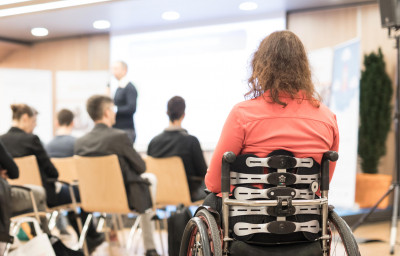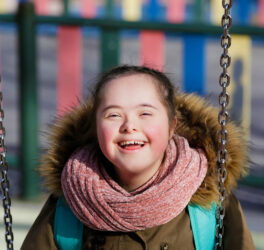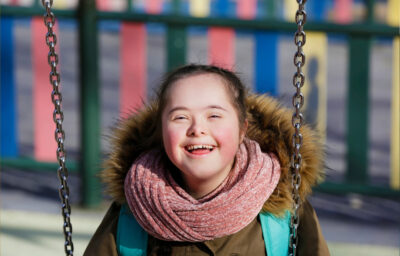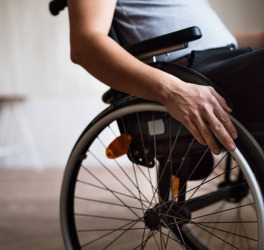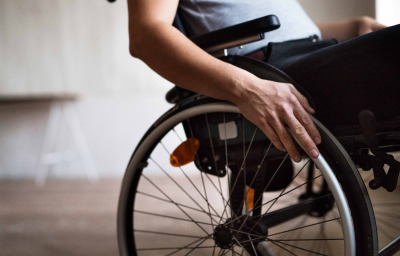
Persons with disabilities interpret the terms ‘violence, abuse, neglect and exploitation’ in a very broad way, and could construe ‘help’ from others as violent or abusive behaviour, a research report for the Disability Royal Commission has found.
The report, by South Australian advocacy group Purple Orange, says people with disability may also include mental, emotional, psychological and financial acts as being violent, abusive or exploitative.
The report, ‘Examining language and vocabulary used by people living with disability’, has been published on the website of the Royal Commission into Violence, Abuse, Neglect and Exploitation of People with Disability on 22 October 2020.
The paper says people with disability also often feel like they are at greater risk of violence than people in the wider community and that it would be harder for them to escape from such acts.
“The word ‘violence’ was strongly associated with many other words and terms, including physical violence, bullying, verbal violence, harm, rape, sexual assault, murder, controlling, pinching, hitting and ‘removal of one’s agency’,” the report said.
“Participants also described feeling as though they have a greater risk of experiencing violence than people without disability.”
Purple Orange is an independent, social profit group that helps ensure people living with disability are welcomed into mainstream society through policy and user-led initiatives.
Its study, commissioned by the Royal Commission, aimed to explore the use of language by people living with disability and explore concepts such as safety, inclusion, belonging and self-determination.
“Gaining insight into how people with a range of lived experience of disability understand and use language is significant for understanding their overall experiences,” the report said.
The word ‘abuse’ for example, “was given broad meaning by the focus groups. It went further than physical acts and was applied to situations where a person’s psychological, emotional, financial and mental wellbeing was adversely affected”.
“Perpetrators of abuse could be individuals as well as institutions, leading to mistrust by people living with disability to report abusive behaviour.”


